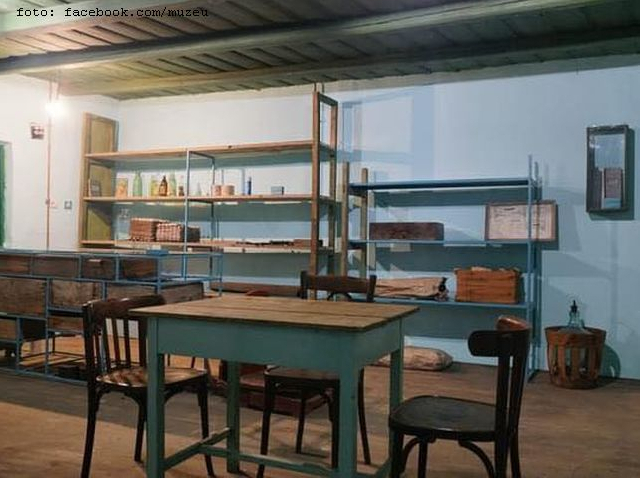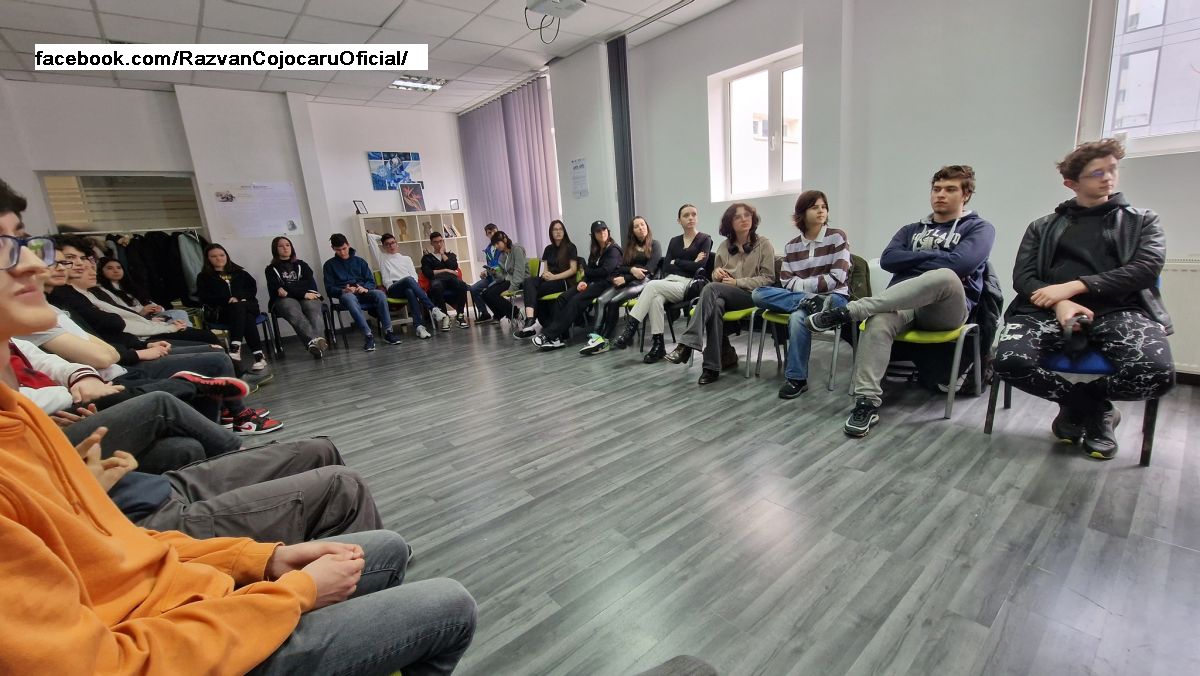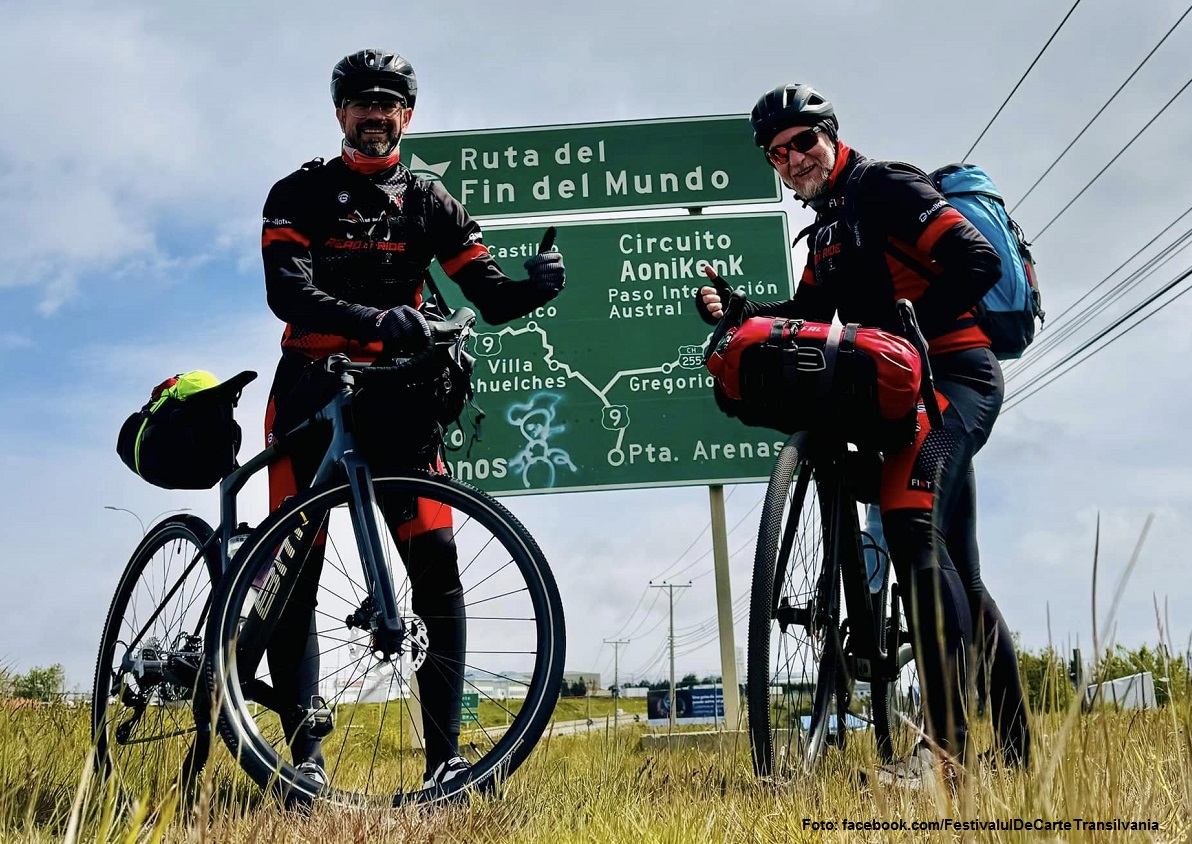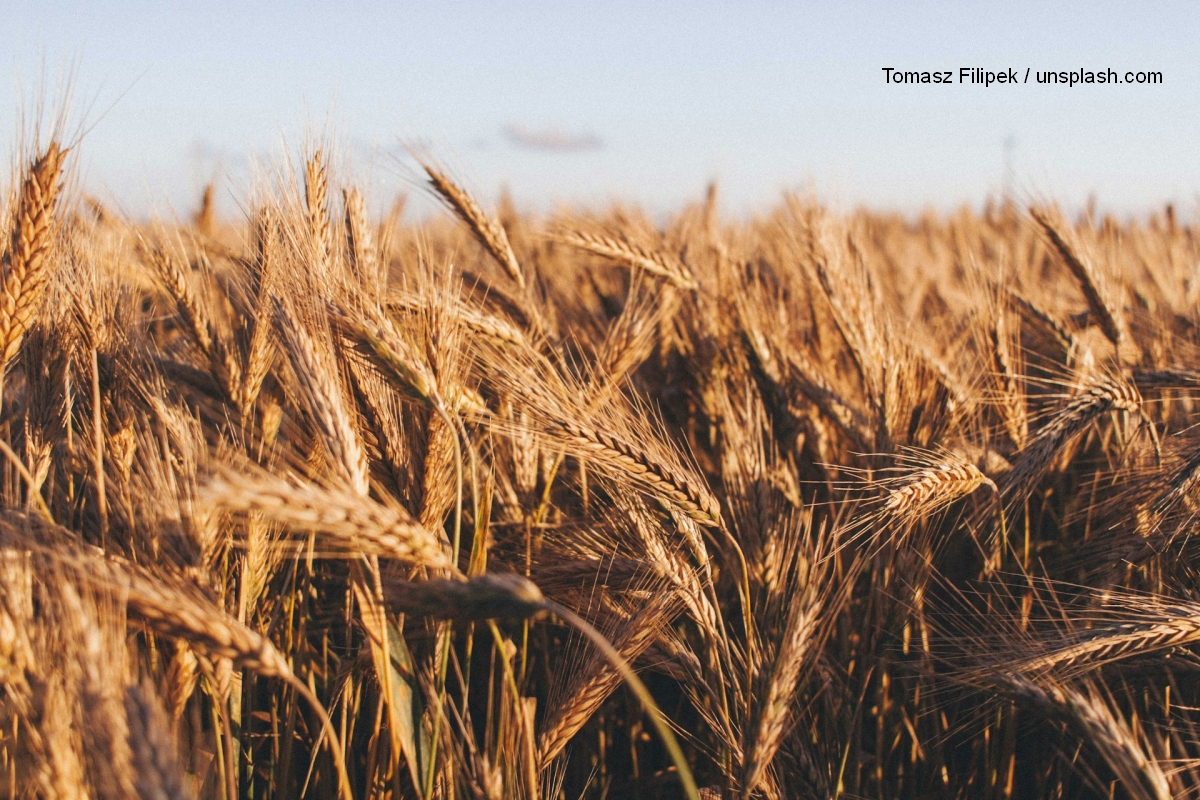The Museum of Collectivization
Forced collectivization in Romania meant that between 1949 and 1962, peasants had their land and cattle confiscated
Warning: Trying to access array offset on null in /home/web/rri.ro/public/wp-content/themes/rri/template-parts/content.php on line 53

Warning: Trying to access array offset on null in /home/web/rri.ro/public/wp-content/themes/rri/template-parts/content.php on line 98
Ana-Maria Cononovici,
29.12.2020, 13:10
Forced collectivization in Romania meant that between 1949 and 1962, peasants had their land and cattle confiscated, and were pushed to sign up for the new collective farms. In 1951, 80,000 peasants were incarcerated, or sent to the infamous Danube- Black Sea Canal for opposing collective farms. In total, 800,000 peasants were thrown into communist prisons for not voluntarily giving up their land. After 13 years of forced collectivization, when propaganda and terror went hand in hand, the Communist Party could report successfully the collectivization of agriculture in Romania. The event to celebrate was a special session of the Grand National Assembly held between April 27 and 30 1962, with 11,000 peasants attending. The Communist leaders of the time said that Socialism had prevailed definitively in the People’s Republic of Romania,
In the village of Tamaseni, in Neamt County, a museum has opened to remember these events. It exhibits objects typical of peasant households from the 1950s, and Iulian Bulai, the project manager, told Radio Romania about them:
“Today we are opening the first three rooms of the Museum of Collectivization. For ages we have been asking ourselves why agriculture in Romania is in chaos, why people don’t take care of public spaces as they do in other countries, whey there is such a development gap between rural and urban areas in Romania, and why there is such a difference between rural areas in Romania and the West. I tried to answer these questions. One answer that I found was collectivization. As a social and political phenomenon, it irreversibly affected the Romanian village, in the sense that the confiscation of private property led to what we see now in the countryside, a huge amount of underdevelopment, which you do not find in Western countries. In trying to answer these questions, relating to my family history, which was wracked by collectivization, I realized that understanding better the countryside in Romania, and collectivization as a phenomenon, we have to ask ourselves questions in order to know ourselves better, to visualize the drama that affected millions of Romanians during collectivization in Romania in the 1950s. I had to build this museum to reflect the social and anthropological reality of the present moment.
Iulian Bulai had his grandparents’ household to turn into a museum. We asked him what there was to see for the moment being:
“We have two houses and an annex. This is a typical Moldavian household, with a continuity of a century, which stands witness as a victim of collectivization. This is the home of my ancestors, that went through the process in the 1950s. They had their land, their tools, their mills, confiscated. This home is witness to the story of a family that resembles millions of Romanians, whose lives were hijacked by the Communist Party, whose homes were confiscated, some of them turned into village stores, as happened here between 1950 and 1992, when it went back to the family. That is a symbol that a lot of Romanians can still recognize.
Iulian Bulai went on to describe the museum:
“This museum will be based less on objects, which used to belong to my grandfather, and which show where we are as a rural society, almost motionless since the 1950s, about 70 years now. The museum is rather based on installations that tell stories, and provide a scientific view of this phenomenon. However, we also have a few objects that tell a story, farming tools that have been left here since I inherited the household, and which I will be exhibiting in the 17 or 18 exhibition spaces the museum will have.
Iulian Bulai started this initiative out of confidence that things may change:
“We will be able to understand ourselves as a people in contemporary Romania only if we can face the past with sincerity, telling our true stories, and in this way we will be able to get over some sad moments in our history. This far we have been unable to provide ourselves with healing stories related to the Communist period. As many venues of culture shut down, we open another one. I believe this is a good starting point for a general attitude that we can pass on from one to another in these difficult times.
This is a museum that will grow by expanding visiting spots, and through events held here that will make it possible for people to get in touch with a little known past.






























